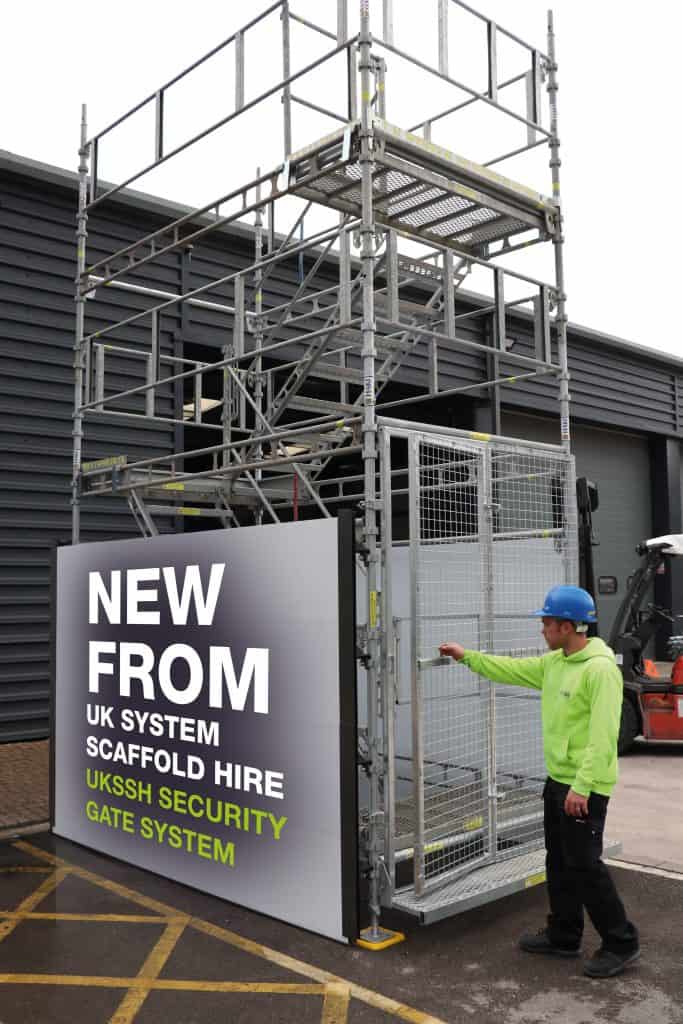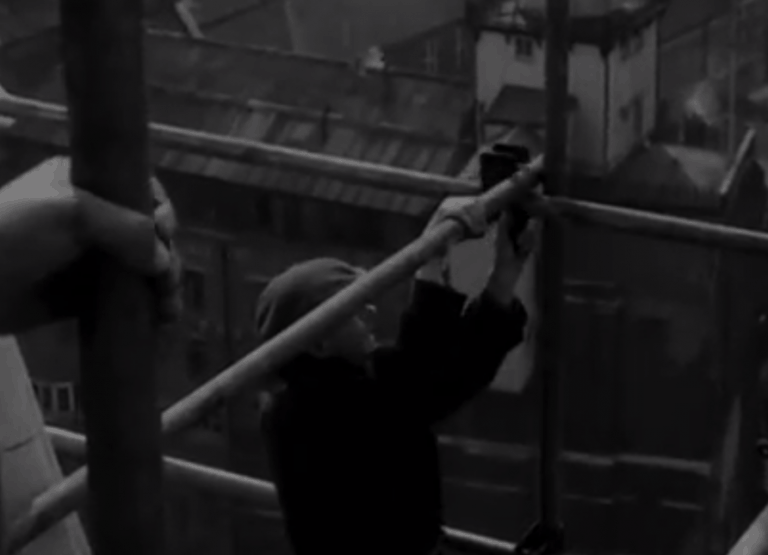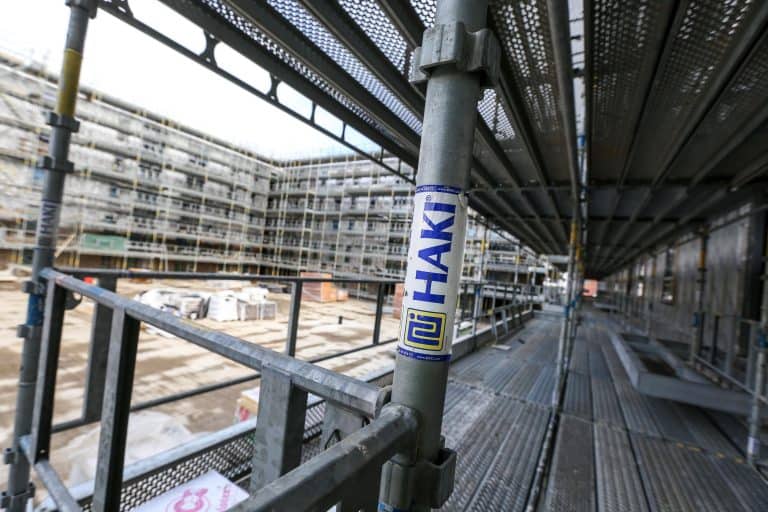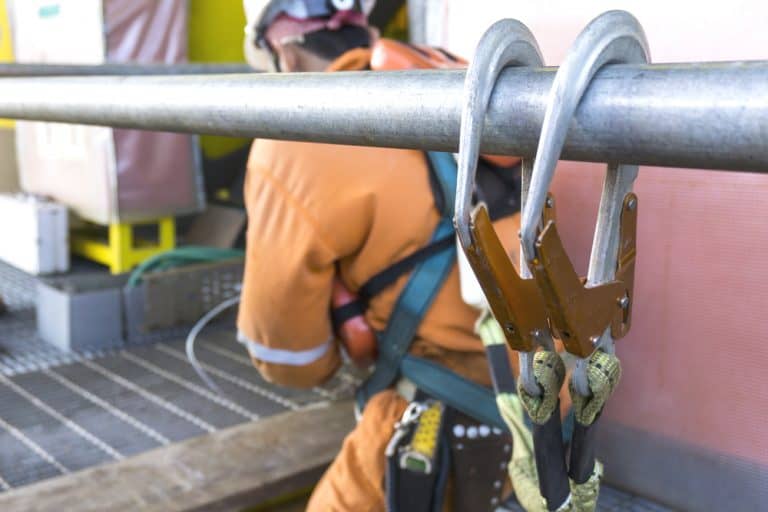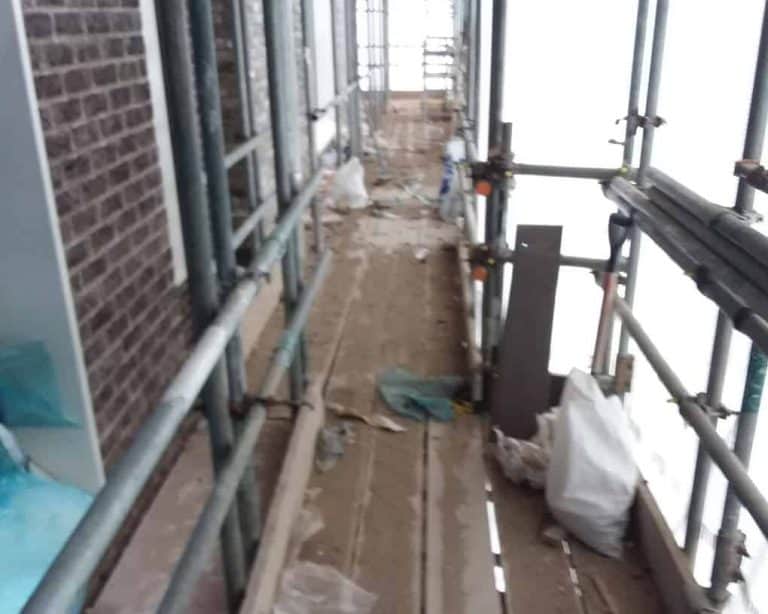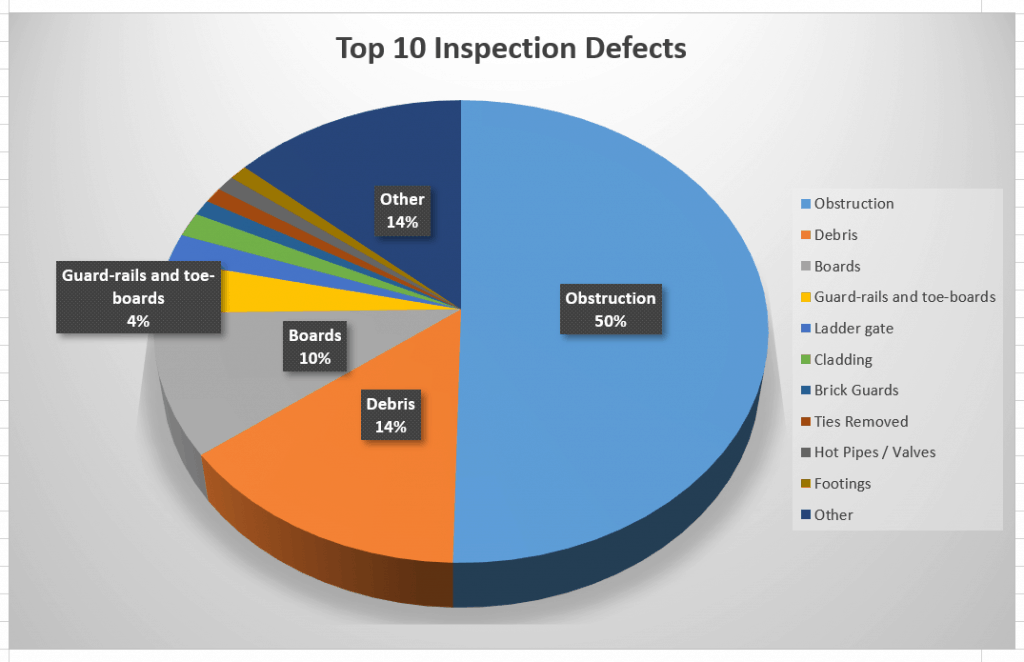Increasing demand for additional scaffolding labour has seen a SIMIAN training initiative grow in popularity since its inception 12 months ago.
SIMIAN’s Pre-Employment Training Scheme was developed in response to its clients who were feeling the brunt of the general construction industry skills shortage and is intended to take previously unskilled workers and those considering a career change, to equip them for a career in the scaffolding industry and where possible, to match those that successfully complete the course with local employers.
The courses are usually fully funded, so they come at no cost to prospective employers, other than committing time to aiding the development of course delegates.
One such example is Mark Nock, of Wolverhampton, who has recently found employment with West Bromwich-based NASC members and SIMIAN clients, Star Scaffolding Limited. Mark attended a four-week course in the Midlands that was held in conjunction with its partners, Dudley College of Technology, the course contained modules that included, CISRS COTS, four days’ practical system scaffolding (Layher training) and a work experience placement.
The end result of Mark’s training is that he now holds a CISRS COTS card and has found employment and a new career path.
Lydia Chard, Manager at Star Scaffolding, said, “Mark did a week-long work placement with us, both in the yard and out on site. During that time, he demonstrated how hardworking and diligent he was, getting stuck into everything that was asked of him, with a positive attitude. Based on the week he spent with us, it was clear that we could not miss the opportunity of offering him employment at Star and we are confident that he will become a key member of the team.
The SIMIAN PETS initiative is one we are happy to support, and we would have no hesitation in offering course delegates work placement.”
Mark Nock commented, “When I had a call from Mark Chard, the Managing Director at Star, to let me know I was being offered a permanent paid position, I was buzzing. My partner has just had a baby so being back in work means a lot to me.”
Simon O’Donnell, SIMIAN’s National Business Development Manager said, “The PETS course offers a fantastic opportunity, not only for budding Scaffolders, but also for businesses looking to plug the skills gap. The courses we have developed are specific to the scaffolding sector and are funded by the Local authority. This means that local employers have the pain of recruitment and initial training taken away and more often than not, this is free of charge.
The fact that SIMIAN’s PETS courses incorporate the CISRS COTS course means that subject to local induction, delegates are free to start work as soon as they complete the course. Furthermore, the employer and the would-be employee get to assess one another, prior to making any long-term employment commitments.”
We are currently rolling out the PETS initiative on a nationwide basis and currently have courses planned for northwest Wales, London, the North West and the Midlands. Additional courses in more geographical locations are subject to client demand, so I would encourage any interested employers to contact us to discuss their requirements.”
Employers wishing to explore the options that SIMIAN’s PETS can bring should contact them via telephone on 0345 6022 418 or by email via [email protected].



